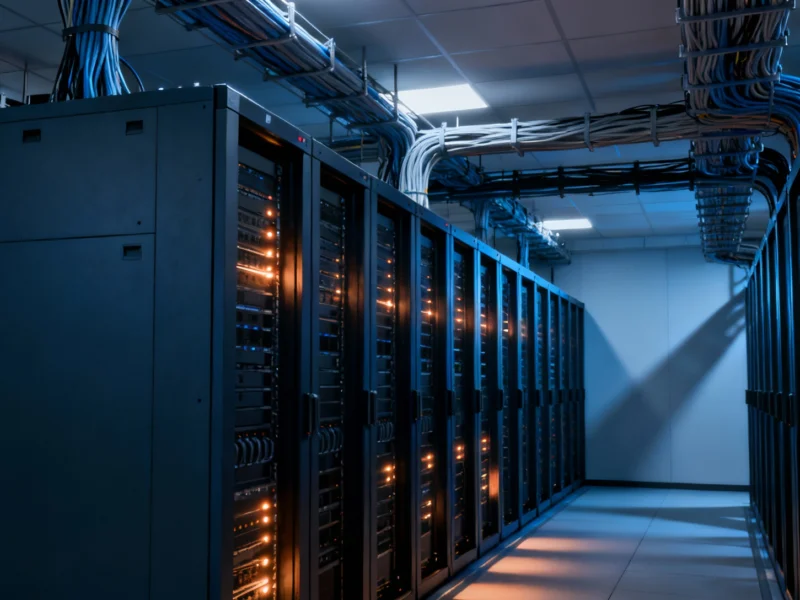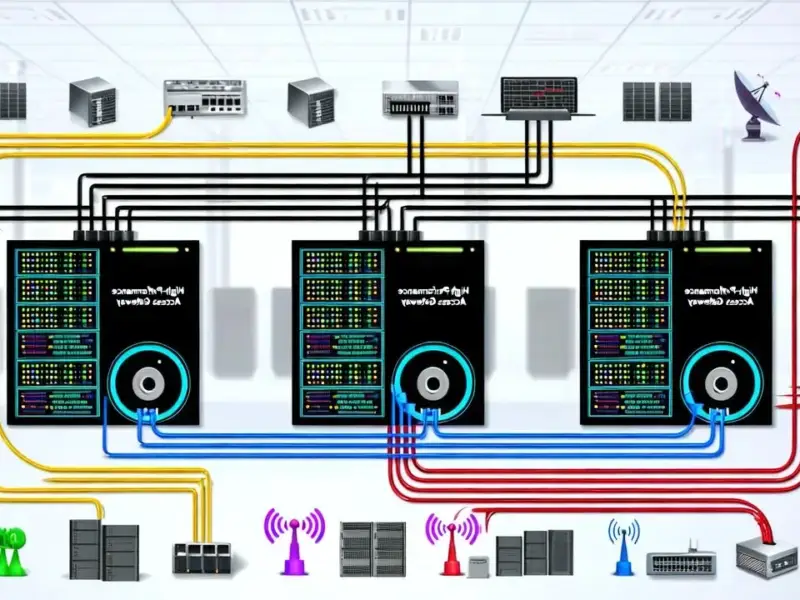According to Forbes, Google has issued a stark warning to 3 billion smartphone users telling them to “avoid using public Wi-Fi whenever possible.” The company claims these networks “can be unencrypted and easily exploited by attackers” and revealed that 94% of Android users are at risk from messaging attacks. This comes as text-based frauds surge globally, with Google describing them as “a sophisticated, global enterprise” causing financial and emotional damage. The warning appears in Google’s new “Behind the Screen” advisory amid growing concern about mobile scams, with 73% of users expressing serious worries and 84% believing these scams damage society overall.
A Major Security Shift
Here’s what makes this warning particularly interesting. Google has warned about network security before, but those warnings focused on 2G cellular connections, not WiFi. 2G is genuinely problematic because it’s completely unencrypted and enables those SMS blaster attacks where fake base stations blast out texts to nearby phones. But public WiFi? That’s a much more contentious area. And when a giant like Google issues blanket advice to avoid it entirely, that’s pretty surprising. Basically, they’re telling people to steer clear of hotel, airport, coffee shop, and mall WiFi altogether. But is that realistic in 2025?
The Experts Push Back
Now here’s where it gets complicated. The Federal Trade Commission actually disagrees with Google’s approach. The FTC says that while public WiFi used to be risky in “the early days of the internet,” today “most websites do use encryption to protect your information.” They explicitly state that “connecting through a public Wi-Fi network is usually safe” because of widespread encryption adoption. So we’ve got two major authorities giving completely different advice. Who should you believe? The TSA also warned against public WiFi earlier this year, so Google isn’t alone in this thinking. But the cybersecurity community often scoffs at these blanket warnings because they oversimplify a complex issue.
The Practical Reality
Let’s be honest – telling people to avoid public WiFi entirely is like telling them to avoid public transportation. It’s just not practical for most travelers, remote workers, or people who need to get things done outside their homes. The real danger isn’t necessarily the WiFi itself, but what you do on it and which networks you choose. Connecting to “Free Airport WiFi” without any verification? Probably risky. Using your hotel’s password-protected network while ensuring your banking app uses its own encryption? Much safer. The problem with Google’s warning is that it might scare people away from reasonably safe connections while not actually educating them about the real risks.
What Actually Matters for Safety
So what should you actually do? First, understand that most legitimate websites and apps now use encryption by default – look for HTTPS in your browser and the lock icon. Second, be way more careful about which networks you join. That sketchy “FREE_WIFI” network at the coffee shop that doesn’t require any login? Probably best to avoid it. But your airline’s lounge WiFi that requires a membership login? Much lower risk. Also, consider using a VPN if you’re handling sensitive information, though even that’s becoming less necessary as encryption becomes standard. The bottom line? Google’s warning feels overly alarmist, but it does highlight that we should all be more thoughtful about our connection choices rather than blindly joining any open network.




